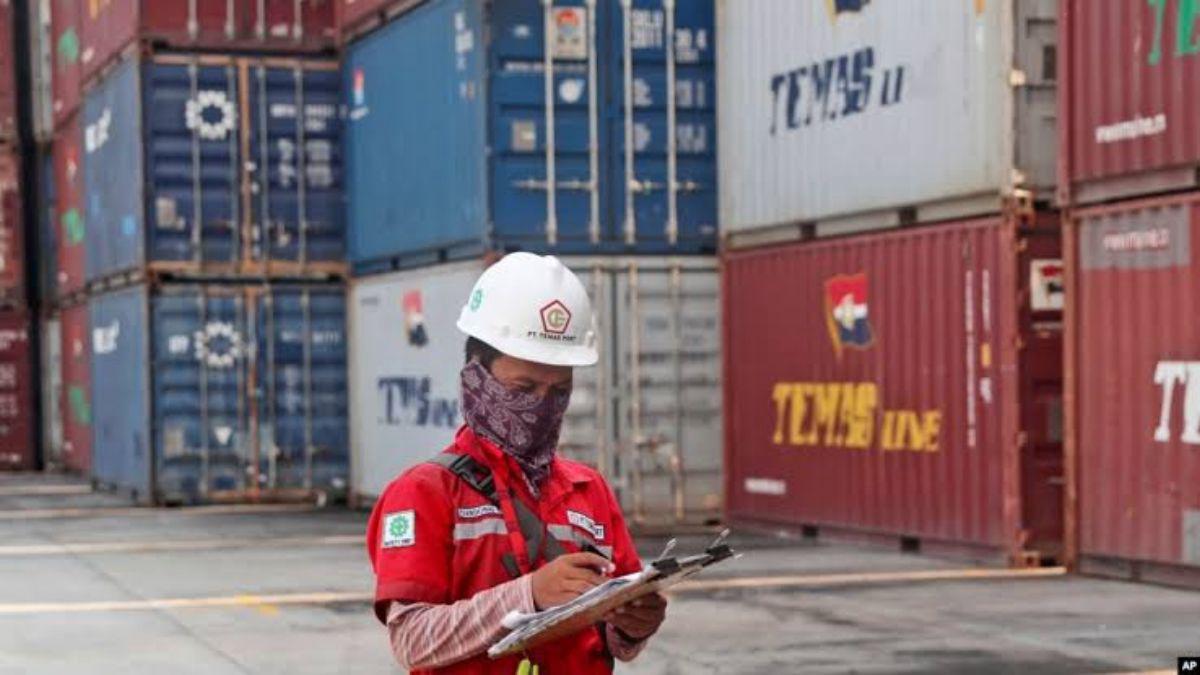The Indonesian government is contemplating a plan to repurpose confiscated illegally imported goods into industrial fuel. This proposal aims to tackle the growing problem of illegal imports while simultaneously addressing the nation’s energy needs.
The initiative, currently under review by several government agencies, seeks to convert a wide range of smuggled items—including electronics, textiles, and machinery—into a viable source of industrial fuel. This approach not only aims to reduce the environmental impact of storing and disposing of these goods but also seeks to bolster the country’s fuel supply in a sustainable manner.
Indonesia has long grappled with the challenges posed by illegal smuggling operations, which undermine local industries and generate significant economic losses. By transforming these confiscated goods into fuel, the government hopes to turn a liability into an asset, thereby improving the efficiency of its trade enforcement efforts and contributing to national energy security.
The proposed plan reflects a broader trend in Indonesia’s policy-making, where innovative solutions are being sought to address multifaceted issues. The conversion process involves extracting usable materials from the confiscated goods and processing them into industrial-grade fuel. This method is anticipated to offer an environmentally friendly alternative to traditional disposal methods, which often involve significant waste and pollution.
Moreover, this initiative aligns with Indonesia’s broader goals of enhancing sustainability and reducing reliance on imported energy sources. By creating a new industrial fuel supply from seized goods, the government aims to reduce the carbon footprint associated with traditional fuel production and strengthen the country’s energy independence.
The proposal is still in the preliminary stages, with feasibility studies and pilot programs expected to follow. If successful, this initiative could set a precedent for other countries facing similar challenges with illegal imports and waste management.
As the Indonesian government continues to explore this innovative solution, the potential benefits of converting confiscated goods into industrial fuel could provide a significant boost to both environmental sustainability and national energy strategies, marking a progressive step in the country’s approach to economic and ecological challenges.

